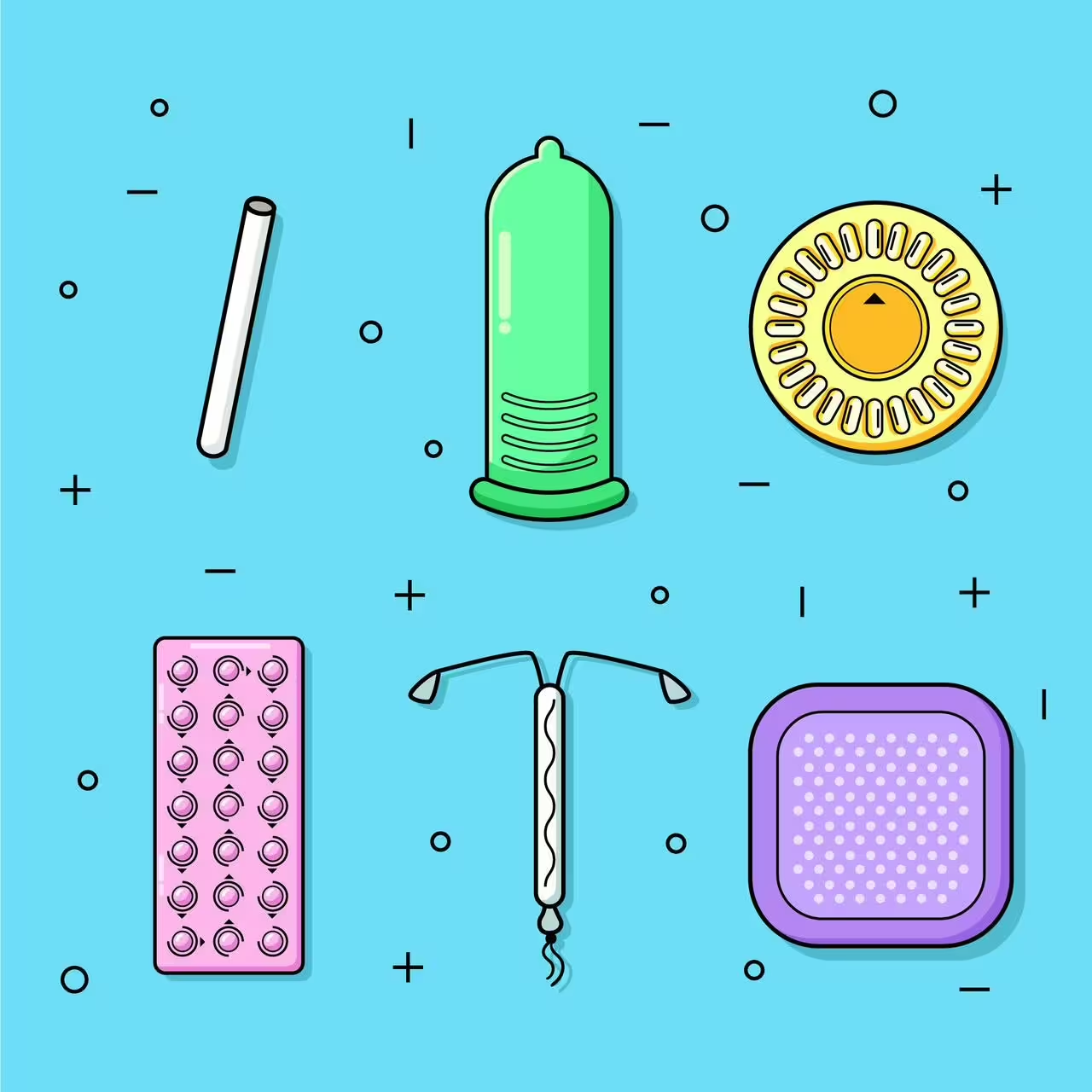
Contraception is a method to prevent pregnancies from occurring. Birth control was initiated 3000 BCE in ancient Egypt and Crete by creating the first condom out of fish and animals’ bladders or intestines and linen sheaths till it progressed into the various and diverse birth control products available today.
There’re physical and non-physical contraceptives. The physical type is limited to male and female condoms, diaphragm, cervical cap, sponge, and vaginal spermicides. However, the non-physical contraception methods are further subdivided into hormonal and non-hormonal methods; for instance, it includes pills, intrauterine devices (IUDs) which are hormonal and non-hormonal, vaginal rings, implants & birth control patches.
Furthermore, hormonal contraception pills provide a practical and cost-effective option. If the pill contains both estrogen and progestin then you would take them for the whole 21 days of the cycle with a break of 7 days. However, if it’s the mini pill you will take them every day for the whole cycle of 28 days. Hence, if you’re a forgetful person then it would be more convenient to go along with the mini pill.
Get a free medical consultation to help you find the best (contraception) birth control method for you.











